Here Come the Waves (1944) Online
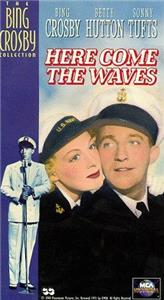
Twin sisters Rosemary and Susie Allison are successful nightclub performers. Their act is about to come to a close when serious-minded Rosemary announces she's joining the Waves. Fun-loving Susie decides to enlist also, especially after she learns that crooner Johnny Cabot has just been drafted by the Navy.
| Complete credited cast: | |||
| Bing Crosby | - | Johnny Cabot | |
| Betty Hutton | - | Susan / Rosemary Allison | |
| Sonny Tufts | - | Windy 'Pinetop' Windhurst | |
| Ann Doran | - | Ruth | |
| Gwen Crawford | - | Tex | |
| Noel Neill | - | Dorothy | |
| Catherine Craig | - | Lt. Townsend | |
| Anabel Shaw | - | Isabel (as Marjorie Henshaw) |
One of over 700 Paramount Productions, filmed between 1929 and 1949, which were sold to MCA/Universal in 1958 for television distribution, and have been owned and controlled by Universal ever since. It was released on DVD 14 November 2006 as one of 5 titles in Universal's Bing Crosby Screen Legend Collection, and again 11 November 2014 as one of 24 titles in Universal's Bing Crosby Silver Screen Collection.
A major point in the film is that Johnny Cabot (Bing Crosby) is colorblind. This was true in real life. "He will think something is a beautiful blue," his wife once explained, "and it will turn out to be a bilious green." His loud clothing was the butt of many jokes, especially by Bob Hope.
Moton Picture certificate #10179.
A sprightly mock-gospel number, the 1945 Oscar-nominated "Ac-Cen-Tchu-Ate the Positive" (music by Harold Arlen, lyrics by Johnny Mercer) was represented on the "Billboard" singles chart by a couple of second-place finishers: one 78 via Decca Records by Bing Crosby, teamed with The Andrews Sisters (who did not appear in the picture), plus another 78 on Capitol from singer-songwriter Johnny Mercer, supported by The Pied Pipers (who were not featured in the movie).
"Ac-Cent-Tchu-Ate the Positive" has remained a popular song from the American songbook. It must come as a shock to viewers who weren't alive in the 1940s that the song is performed by Bing Crosby and Sonny Tufts in blackface. What was commonplace then is now shocking and offensive.


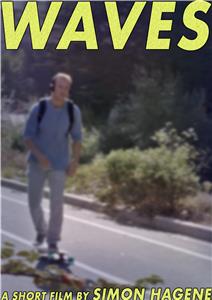
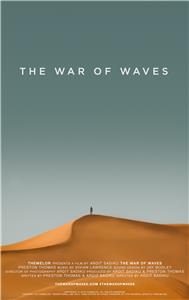

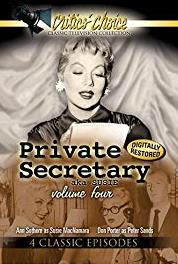
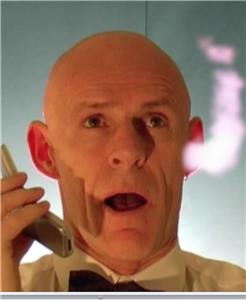
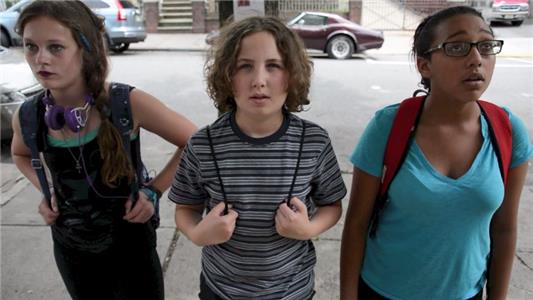
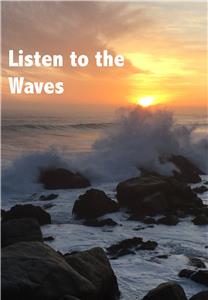

User reviews